How can US students recover from pandemic learning loss?
Test scores in math and reading are still dropping


A free daily email with the biggest news stories of the day – and the best features from TheWeek.com
You are now subscribed
Your newsletter sign-up was successful
The Covid-19 pandemic continues to take a toll on American education. New test results have revealed "the single largest drop in math in 50 years" among the nation's 13-year-olds, The Washington Post reported. Reading scores also suffered. The news is being treated as an emergency by education officials. "We really need to be concerned about what is happening here," said one expert.
Fallout from the nation's sudden shift to remote schooling in 2020 is still being felt in the classroom, Fortune reported, even though most students returned to in-person learning two years ago. "The 'green shoots' of academic recovery that we had hoped to see have not materialized," said Peggy G. Carr, commissioner of the National Center for Education Statistics. "There are signs of risk for a generation of learners."
The scores are just the latest evidence of pandemic-era learning loss. One survey in May revealed that students in grades 3 through 8 lost the equivalent of a half-year of math education during the pandemic, Yahoo News reported. More troubling are the racial disparities: "The less wealthy and white a community was, the more likely it was to suffer pandemic loss." Will American students — and their test scores — ever recover?
The Week
Escape your echo chamber. Get the facts behind the news, plus analysis from multiple perspectives.

Sign up for The Week's Free Newsletters
From our morning news briefing to a weekly Good News Newsletter, get the best of The Week delivered directly to your inbox.
From our morning news briefing to a weekly Good News Newsletter, get the best of The Week delivered directly to your inbox.
What are commentators saying?
"The last two years have been an endless avalanche of data showing how disastrous 'remote schooling' was," wrote Timothy P. Carney at the Washington Examiner. It's not just test scores: Mental health, absenteeism and crime have all risen among American kids in recent years. But the dropping test scores and the widening racial gap should be the final straw for parents — the teachers unions and politicians who kept schools closed should be held accountable. "Everyone who loves children should still be angry about this," Carney wrote. "The closers ruined children's lives."
"But school closures are only part of the story," Tom Kane and Sean Reardon wrote at The New York Times. Test scores have declined more in locations with higher death rates, and less in communities with high voting and high census response rates. Regardless of the cause, though, "the overall effect has been devastating." So what should be done? It's time to get students more tutoring and classroom time in order to catch up. "In many communities, students lost months of learning time. Justice demands that we replace it."
"Reversing this crisis will require a historic investment," the Washington Post editorialized. In fact, that investment is already being made: Congress has appropriated hundreds of millions of dollars to help schools and states recover from the pandemic. Some of that money should go to "high-dosage tutoring" — a dose of individualized instruction for several hours each week — to help students get back on track. The time to start is now: "The longer schools dawdle in catching them up, the less chance they have of succeeding."
What's next?
All that federal money is being put to use on a variety of strategies, Chalkbeat reported, including "summer school, small-group tutoring, and hiring more teachers and other staff." But it isn't yet clear which approaches have been or will be successful: One analysis suggests that less than 10% of students in large districts have participated in the new tutoring programs. This means that education officials are still feeling their way forward. "There is nothing in this data that tells us what is working," said one.
A free daily email with the biggest news stories of the day – and the best features from TheWeek.com
One possibility: Year-round schooling. Chalkboard Review reported that the state of Washington is experimenting with a "Balanced Calendar Initiative," using the federal funding to subsidize 40 school districts to expand the typical school year from about 180 days of instruction to 220 days. With the traditional calendar, students "continue to fall further behind their counterparts," said one advocate. Expanding the school year "provides opportunities for students who need additional instructional days."
There is a possibility that today's students won't fully recover what was lost during COVID, ProPublica reported. "This cohort of students is going to be punished throughout their lifetime," said Eric Hanushek, a Stanford University economist. The only thing schools can do now is move forward, said one Virginia official. "We should be looking at it as where we are now," she said, "and go from there."
Joel Mathis is a writer with 30 years of newspaper and online journalism experience. His work also regularly appears in National Geographic and The Kansas City Star. His awards include best online commentary at the Online News Association and (twice) at the City and Regional Magazine Association.
-
 How the FCC’s ‘equal time’ rule works
How the FCC’s ‘equal time’ rule worksIn the Spotlight The law is at the heart of the Colbert-CBS conflict
-
 What is the endgame in the DHS shutdown?
What is the endgame in the DHS shutdown?Today’s Big Question Democrats want to rein in ICE’s immigration crackdown
-
 ‘Poor time management isn’t just an inconvenience’
‘Poor time management isn’t just an inconvenience’Instant Opinion Opinion, comment and editorials of the day
-
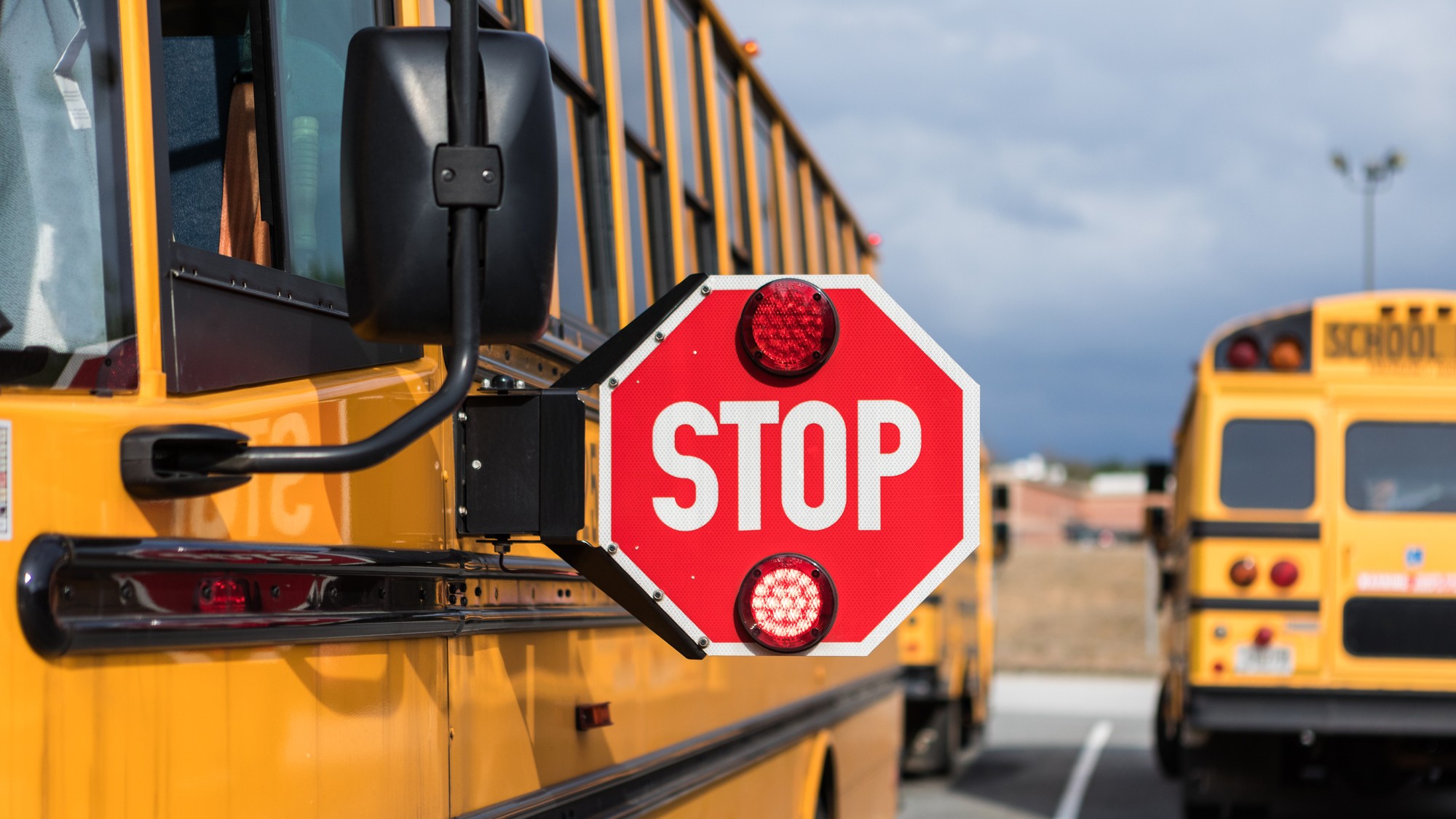 Schools are suffering from low attendance
Schools are suffering from low attendanceUnder the radar But students are suffering even more
-
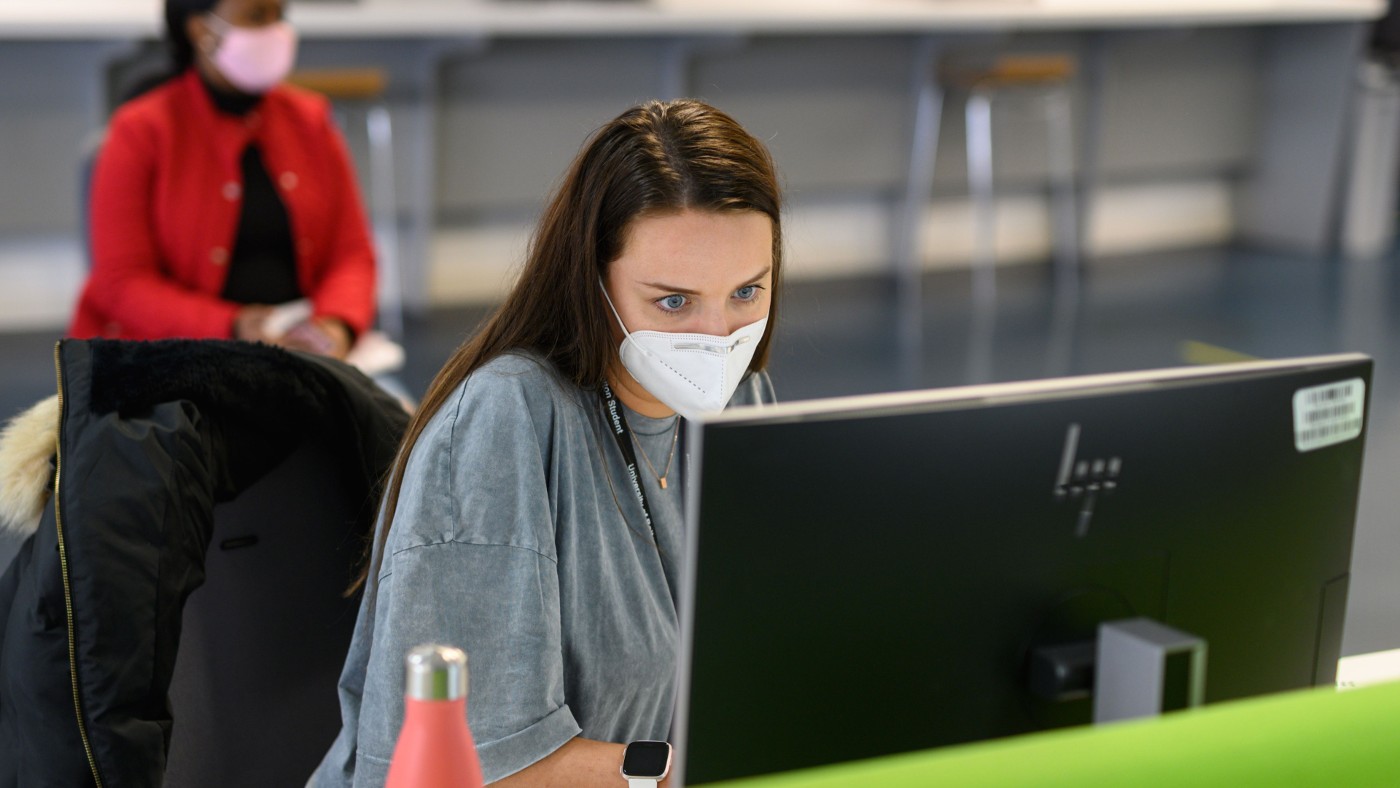 The UK students taking on universities over Covid disruption
The UK students taking on universities over Covid disruptionfeature Claimants say they received poor service and felt like ‘lowest form of life in food chain’
-
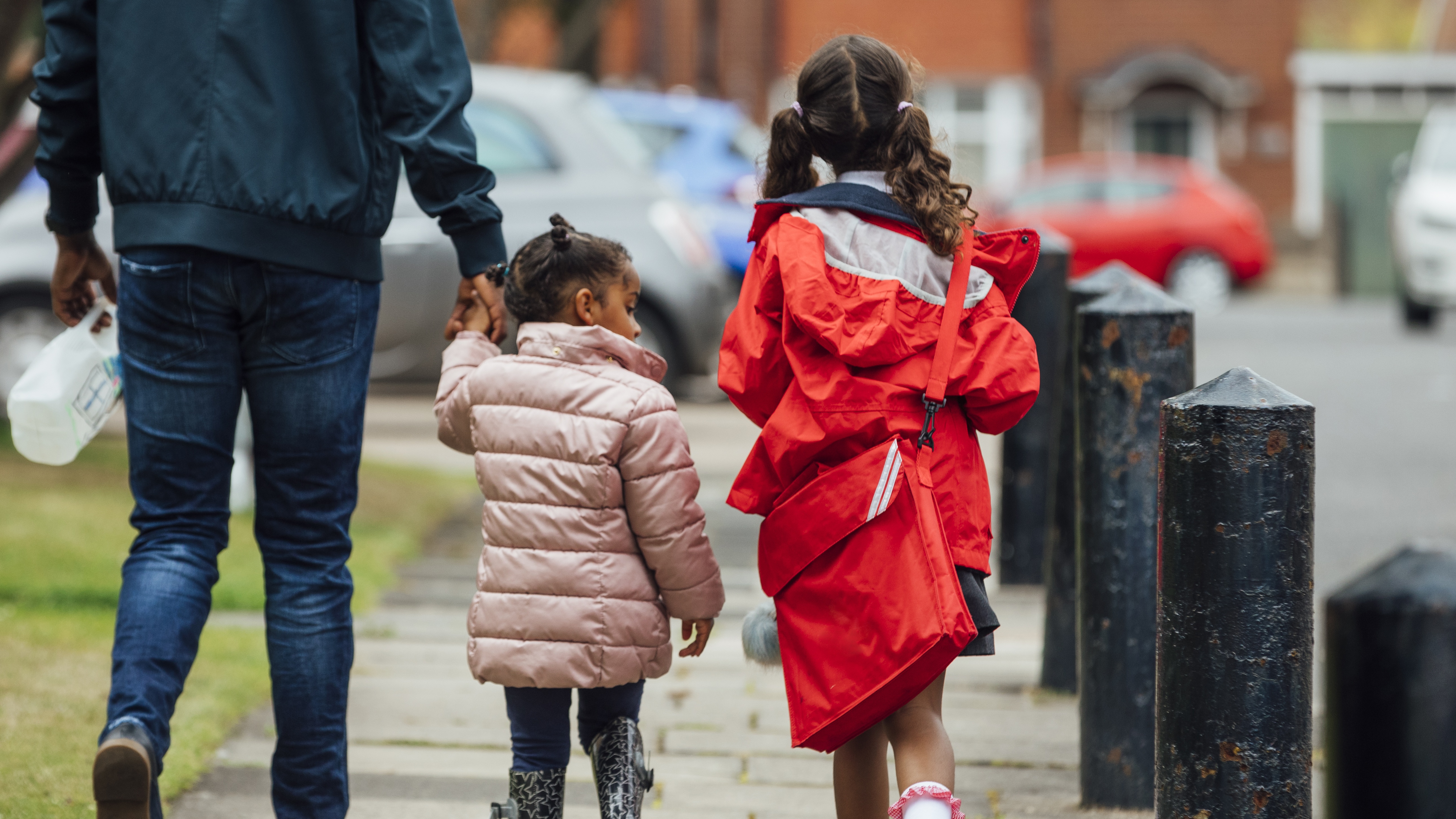 Are Covid infections in schools holding back the national recovery?
Are Covid infections in schools holding back the national recovery?Today's Big Question Rising case numbers in children and people aged 65 and over could lead to more hospitalisations
-
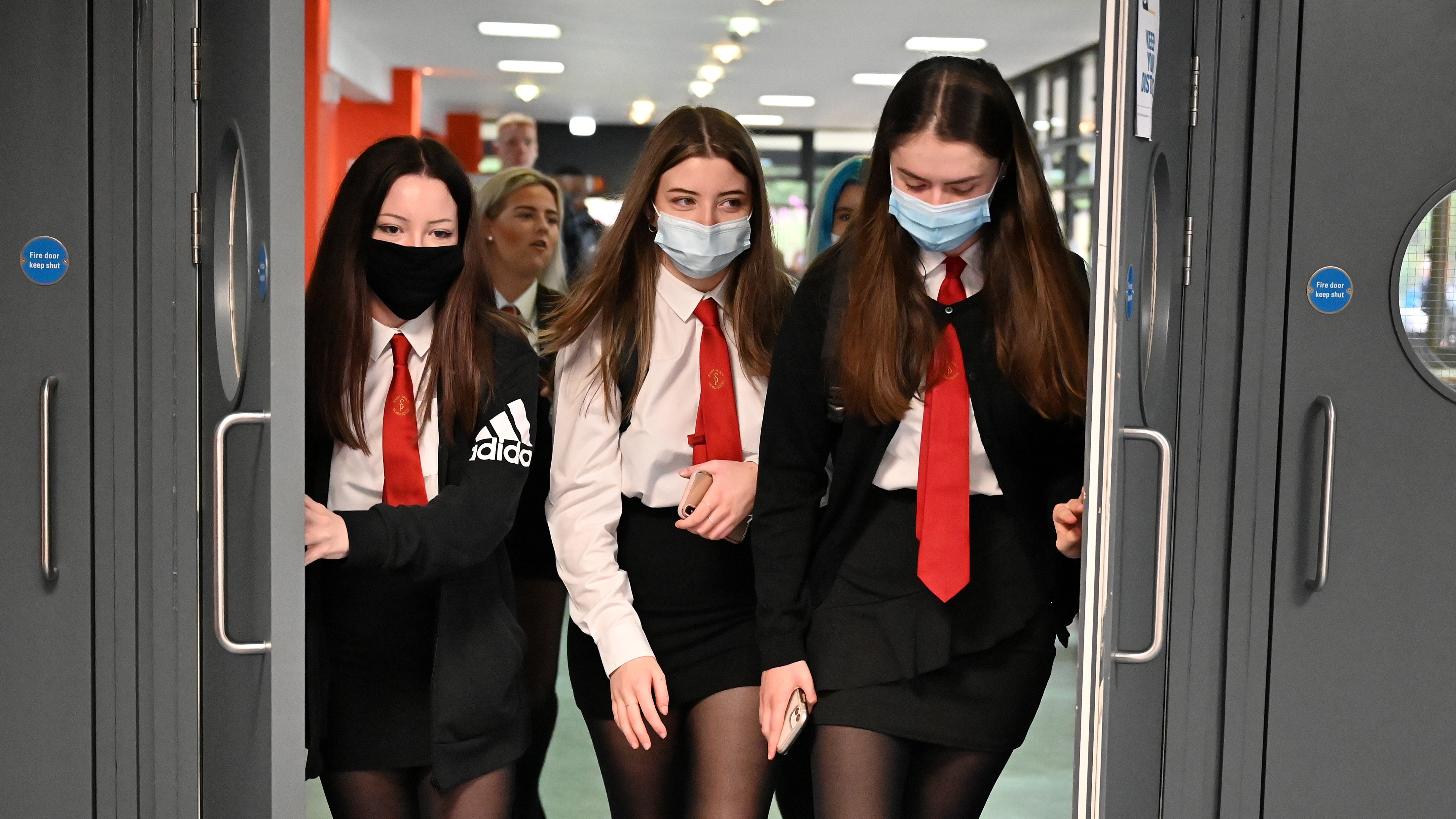 ‘Omicron tidal wave’: will schools be forced to close again?
‘Omicron tidal wave’: will schools be forced to close again?Under the Radar Staff and pupil absences already causing ‘chaos’, headteachers and unions warn
-
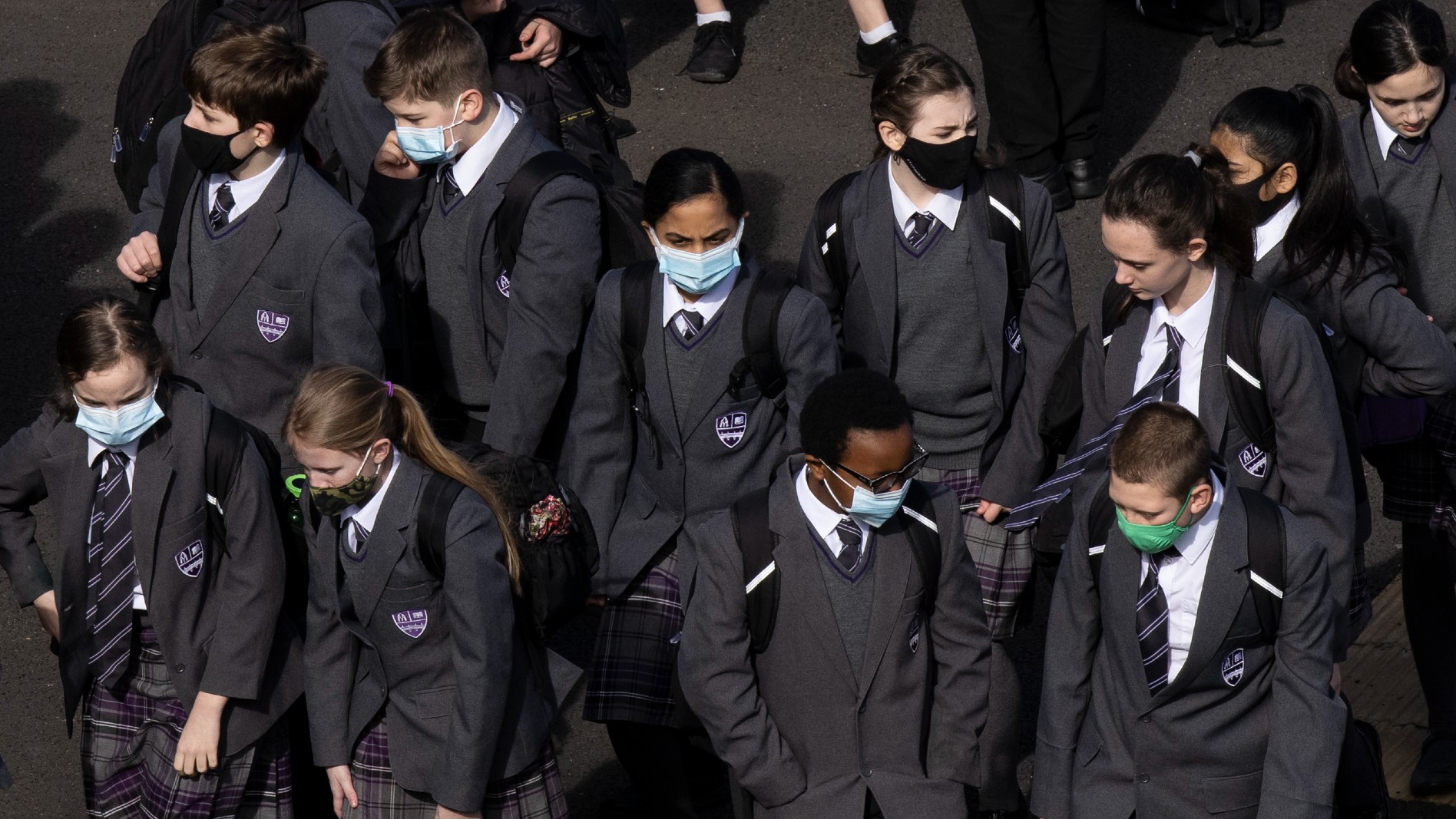 Why ministers are facing scrutiny over ‘haphazard’ teen vaccination campaign
Why ministers are facing scrutiny over ‘haphazard’ teen vaccination campaignIn Depth England’s Covid jab programme for 12 to 15-year-olds has fallen behind Scotland’s
-
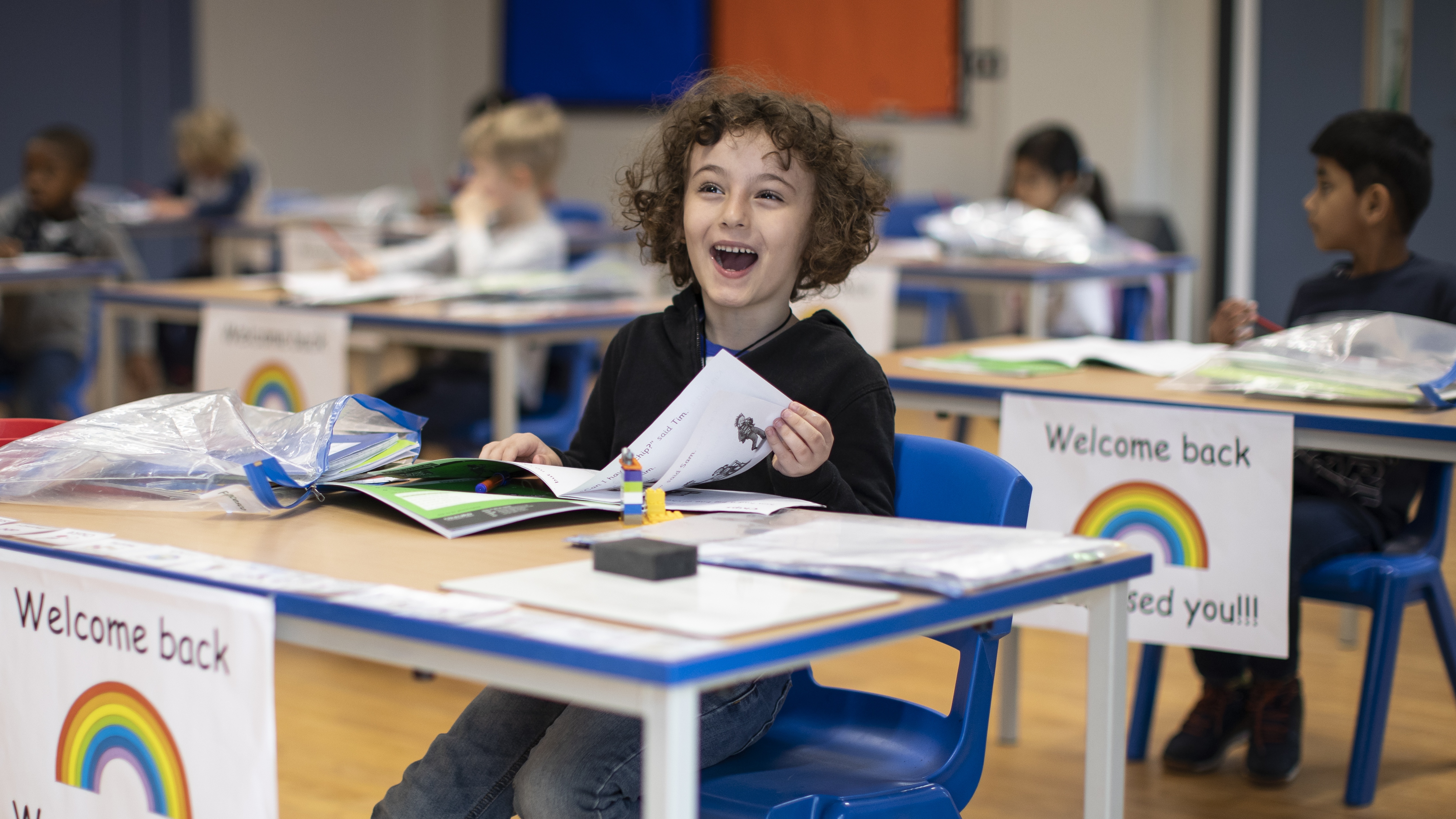 Schools did not become ‘hubs of infection’ during third Covid wave, says study
Schools did not become ‘hubs of infection’ during third Covid wave, says studyfeature Only 0.42% of secondary students tested positive in June
-
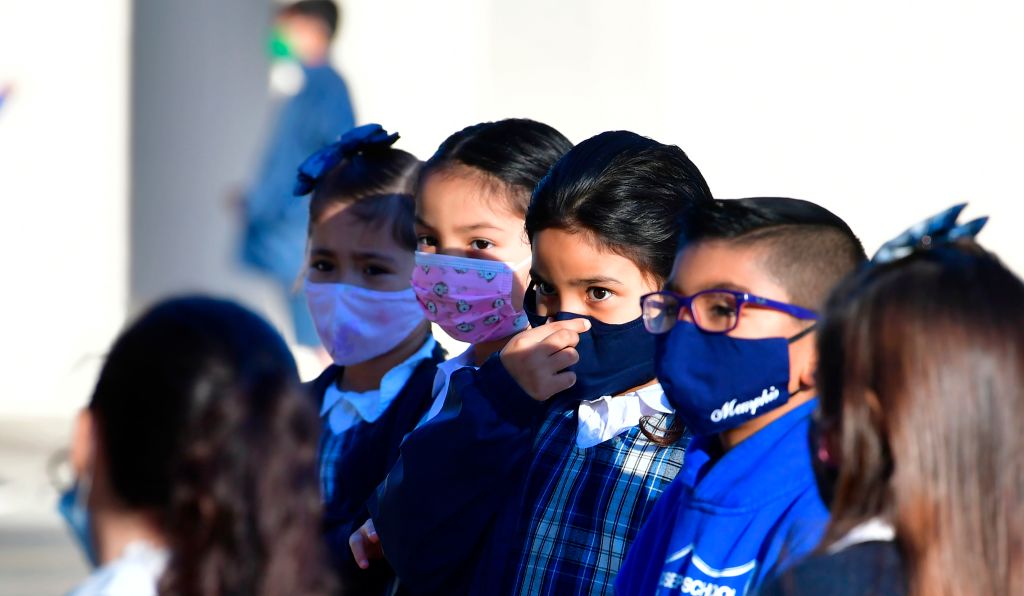 In California, K-12 students who refuse to wear a mask will be barred from campus
In California, K-12 students who refuse to wear a mask will be barred from campusSpeed Read
-
 Is it time to end Covid isolation for schoolchildren?
Is it time to end Covid isolation for schoolchildren?Today's Big Question One in 20 state school pupils miss classes on a single day as result of coronavirus policy
